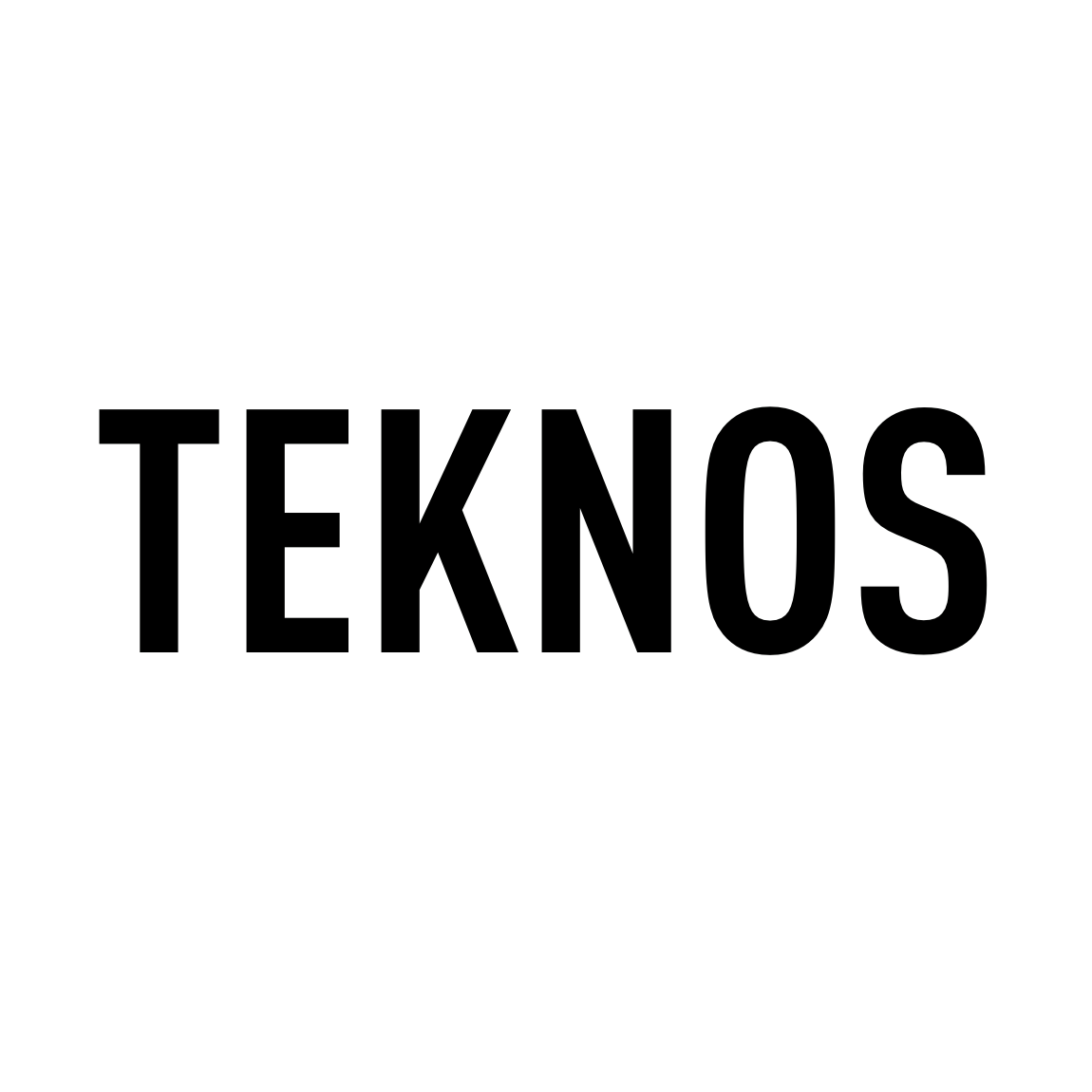Preface
I am honored to be asked to introduce this 2007 volume of Teknos, the student-developed scientific journal of the Thomas Jefferson High School for Science and Technology. In the following pages, the bright, enthusiastic, and highly-dedicated science, mathematics, technology, and engineering students at Thomas Jefferson report on original research projects covering a wide variety of topics. The research is of significant scientific interest, advancing our frontier of knowledge, and has economic and social importance. Such real-world research plays an essential role in the learning process of every student at Thomas Jefferson, and the papers presented in this journal demonstrate the authors' creativity, competence, and depth of knowledge.
Mathematics, science, engineering, and technology are of increasing importance in every facet of our fast-changing society. Our economy is rooted in technology—the Semiconductor Industry Association reports that humans produce more transistors per year than grains of rice. The internet, email, and cell phones provide unimaginably fast and widespread access to information and misinformation alike. These inventions have forever altered the landscape of social communications. While I once picked blackberries growing up in Oregon and looked longingly out my windows to see once again overcast skied and drizzle, now my Windows allows me to write and email this article and my Blackberry keeps me in communication wherever I am traveling around the world. Indeed, science is global. From understanding the dynamics of global climate change, to unraveling the complexity of the brain, to reaping the benefits of personalized medicine, to revolutionary technologies made possible through manipulating materials at molecular scale; more and more of the issues that will engage, benefit, and concern us as global citizens are science- and technology-based. They demand a depth of public science literacy that is unprecedented.
Just as you have been told about degrees in humanities or law, your degree in science, mathematics or engineering—at Thomas Jefferson, in college, or in graduate school—is a degree that provides an excellent background and perspective for whatever you want to do in life. According to the Congressional Research Service, the Congress includes two physicists, two chemists, a biomedical researcher, a biomedical engineer, a geologist, and a microbiologist; as well as 13 medical doctors and two veterinarians. Jimmy Carter was a nuclear engineer. Colin Powell majored in Geology. Math, science, and engineering are Fortune 500 CEOs, college presidents, writers and illustrators, musicians and entertainers, and entrepreneurs. Even the current Presiding Bishop of the Episcopal Church has a Ph.D. in Oceanography. Your options are unlimited.
While at Thomas Jefferson, you have learned to gather data, to analyze, to think objectively, to design creatively, and to test your conclusions. You have learned to work independently and in teams, to build from past results and previous work, and to recognize both the possibilities and limitations of your own. These talents are universally needed but are, unfortunately, all too rare. In whatever you do for careers, as hobbies, or in service to society, I encourage you to continue to develop and make the most of them. Be flexible, stay open to new ideas and opportunities, and Best of Luck!
Dr. Kathie L. Olsen
Deputy Director
National Science Foundation
